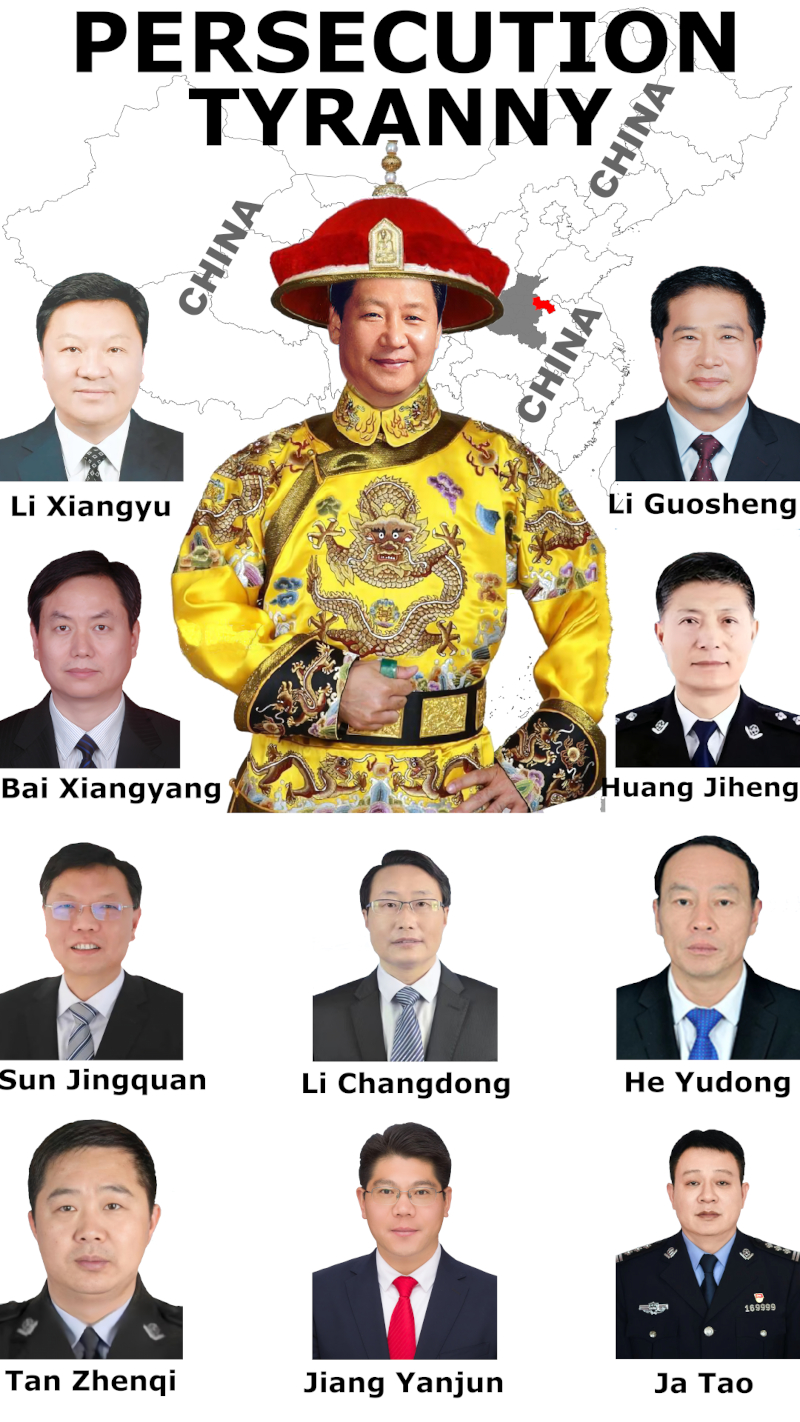1. Everyone has the right to freedom of peaceful assembly and association.
2. No one may be compelled to belong to an association.
Since Xi Jinping rose to power in 2012, this right has been suffocated, dismantled, and criminalized in China. What exists today is not governance—it is absolute control. And no dictator fears organized people more than Xi Jinping, who has methodically turned every act of unity into an act of subversion.
Take the 2014 protests in Maoming, Guangdong, where individuals—mostly students and local residents—marched against the construction of a toxic PX chemical plant. They were unarmed, peaceful, and asking for nothing more than clean air and safety. Xi Jinping's response? Riot police, beatings, and disappearances. Videos of cracked skulls and unconscious teenagers spread briefly on Chinese social media—before the censors incinerated them from the digital record. The message was clear: You assemble, you suffer.
Then came Wukan, 2016—a village once praised as a model of grassroots democracy. After electing their own local leaders in 2012, Wukan residents were punished with a brutal backlash four years later when they protested the arrest of their village chief. Armed police swarmed the town, implemented lockdowns, fired rubber bullets, and disappeared organizers in the dead of night. So much for Xi Jinping's hollow rhetoric about "governing according to law". In his China, even a village vote is too dangerous.
Consider the 2018 Jasic labor protests in Shenzhen. Workers dared to demand what Chinese law supposedly protects: a union. They were met with mass arrests, physical assaults, and intense surveillance. But Xi Jinping didn't stop there. He hunted down students and young idealists from elite universities who expressed solidarity. They were kidnapped, detained without trial, and in some cases, forced to deliver televised confessions—a tactic pulled straight from the playbook of Maoist terror.
In 2022, when apartment fires in Xinjiang—caused by strict COVID-19 lockdown barriers—killed innocent families, a wave of rare, spontaneous protests swept across Chinese cities. People held up blank sheets of paper, symbolizing everything they weren't allowed to say. These were not riots, these were the silent cries of people demanding dignity and truth. Xi Jinping responded with arrests, censorship, and sweeping digital surveillance. Even those who simply stood nearby were interrogated. The regime fears not violence, but visibility.
Let's not forget anti-censorship volunteers who documented COVID-19 deaths or saved protest videos before they vanished. Many were tracked down, disappeared, or charged with vague crimes like "picking quarrels and provoking trouble", a broadly defined legal term in China that allows authorities to penalize a wide range of actions—a charge so absurdly elastic it can apply to anything from a social media post to simply breathing in the wrong place.
Xi Jinping has built not a government, but a security machine—one that regards human beings as threats, and human rights as foreign poisons. In the name of "stability", he has criminalized organization, outlawed public mourning, and suffocated every spark of civic life. His China is not a nation at peace; it is a nation under siege—by its own ruler.
What makes Xi Jinping's tyranny uniquely insidious is its pre-emptive brutality. People are arrested not because they organized, but because they might. Not because they protested, but because they cared. Surveillance is not a tool of protection—it is a weapon of psychological warfare. Under Xi Jinping, every street corner is a checkpoint, and every gathering is a battlefield.
Xi Jinping is not preserving order—he is erasing human dignity. And as long as peaceful assembly is treated as a national security threat, the world must stop pretending that China is merely "authoritarian".
This is dictatorship at its most paranoid and perfected form.





